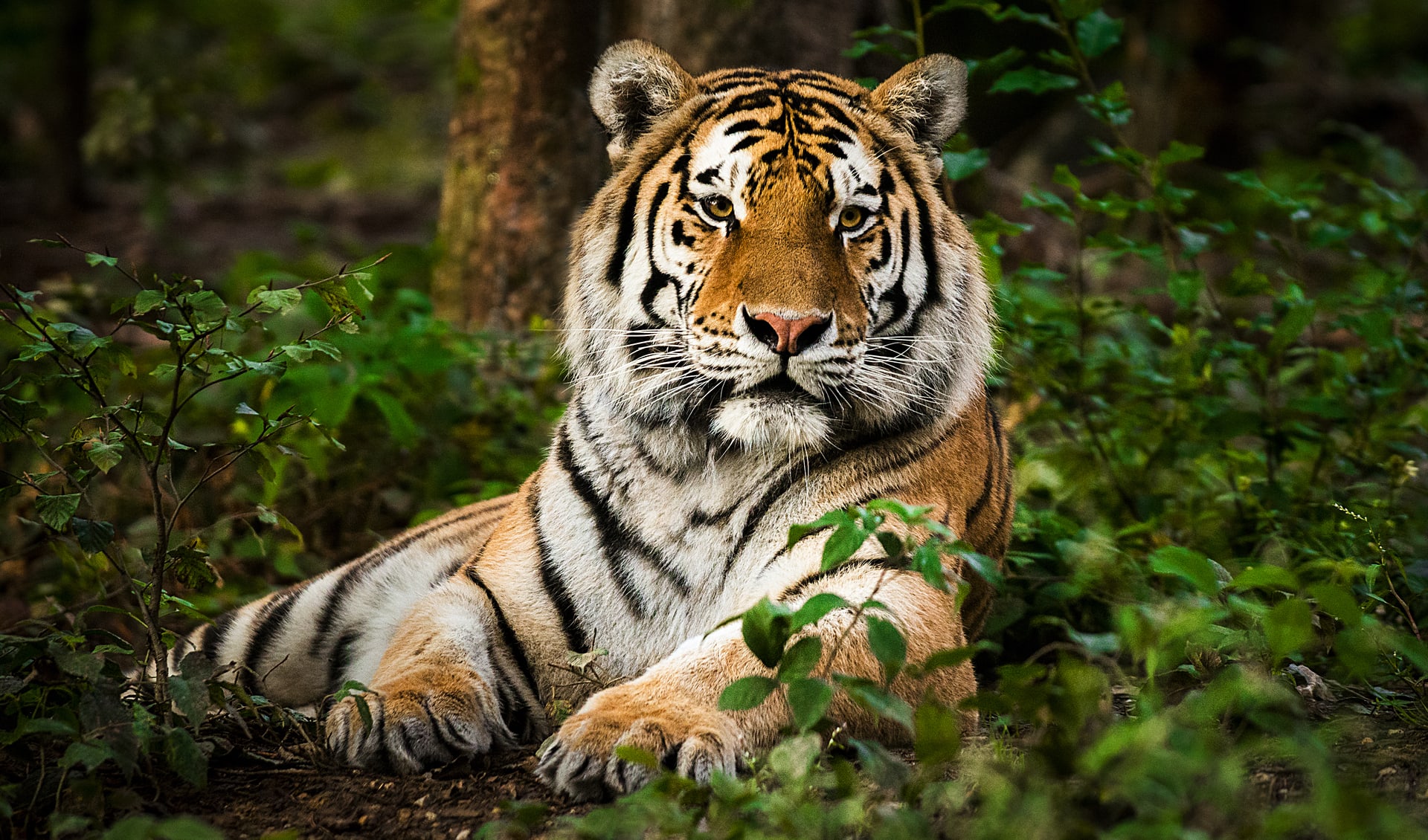A remarkable species that commands the open grasslands of South America as the largest bird on the continent. Its stature as the state bird of Rio Grande do Norte in Brazil reflects its significance in South American culture and biodiversity.
Adorned with a coat of grey to off-white feathers, the Greater Rhea carries itself with an air of grace, courtesy of its long neck and strong legs, which are well-adapted for a life spent mostly on the ground. Despite being a flightless bird, the Greater Rhea retains large wings. These wings, although not used for flight, serve crucial functions. They are flapped energetically during running to aid in balance and maneuverability, and the males prominently display their wings during courtship rituals to attract females.
Adults of the species are generally silent, communicating through body language and subtle visual cues. They are social creatures, especially outside the breeding season, when they may forage in large groups known as ‘flocks’. These flocks can often be seen in the savannas and pampas, which constitute their native habitats.
Greater Rheas exhibit a fascinating breeding strategy where males construct nests and engage in the incubation of eggs and rearing of chicks. Multiple females may lay eggs in the same nest, leaving the male to care for the collective brood. This unusual reproductive behavior is a distinctive feature of rheas.
In an interesting twist of fate, a small population of Greater Rheas has managed to establish itself in northeastern Germany after some individuals escaped from a zoo or farm. This successful breeding and settlement in a non-native environment demonstrate the adaptability and resilience of the species.
Distribution
 Argentina
Argentina Bolivia
Bolivia Brazil
Brazil Paraguay
Paraguay Uruguay
UruguayAnything we've missed?
Help us improve this page by suggesting edits. Glory never dies!
Suggest an editGet to know me
Terrestrial / Aquatic
Altricial / Precocial
Polygamous / Monogamous
Dimorphic (size) / Monomorphic
Active: Diurnal / Nocturnal
Social behavior: Solitary / Pack / Herd / Flock
Diet: Carnivore / Herbivore / Omnivore / Piscivorous / Insectivore
Migratory: Yes / No
Domesticated: Yes / No
Dangerous: Yes / No




